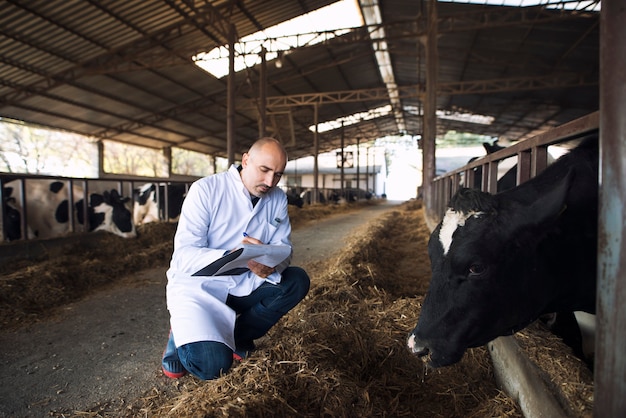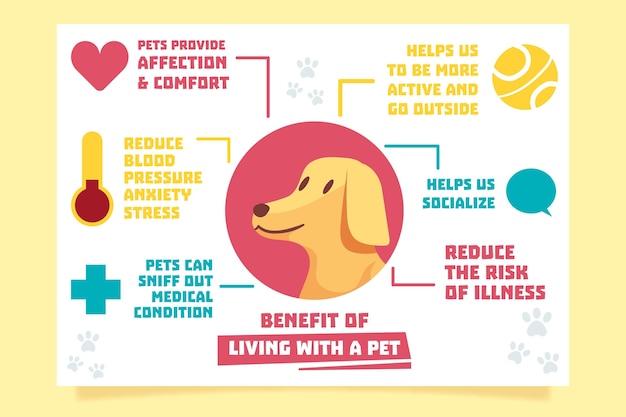Recognizing When Your Farm Animals Need Immediate Vet Attention

Recognizing When Your Farm Animals Need Immediate Vet Attention
Caring for farm animals is a responsibility that brings both joy and challenge to life in Taylorville and the surrounding communities. Whether you manage a herd of cattle, care for a few backyard goats, or look after a team of horses, you know that early recognition of health concerns is critical. Every minute counts when your livestock shows signs of distress or illness. At Countryside Veterinary Services, located at 201 South Water Street, Taylorville, IL 62568, our veterinary team is committed to supporting you through every stage of animal care, from routine wellness visits to urgent health concerns.
In this blog, we will guide you through the most important farm animal emergency symptoms to watch for in cows, horses, goats, and other livestock. You will learn how to recognize critical signs, understand the potential causes behind them, and know when it is time to schedule an appointment with a large animal vet in Taylorville. We will also share tips on preventative care and how to access prompt veterinary services for your animals. If you are searching for a "vet near me" who understands the unique needs of farm animals, you will find practical advice and support right here.
For those looking for comprehensive care or specific farm and production animal services in Taylorville, our dedicated veterinary services for livestock are designed to deliver timely, expert attention when your animals need it most.
Spotting Farm Animal Emergency Symptoms: What to Watch For
Recognizing emergency symptoms in farm animals can be the difference between a quick recovery and a life-threatening situation. It is not always easy to tell when a cow, horse, goat, or sheep is in distress, but understanding common warning signs can help you act swiftly. Farm animal emergency symptoms often develop suddenly and may be subtle at first. For example, a horse that seems slightly off feed in the morning could be developing colic, while a cow that separates from the herd may be battling a severe infection.
Key symptoms that demand immediate attention include difficulty breathing, severe or sudden lameness, inability to stand, profuse bleeding, persistent bloating, unproductive straining, or any rapid behavioral change such as aggression or depression. Other critical signs are high fever that does not resolve, sudden swelling of the face or body, obvious wounds, or suspected poisoning from plants or chemicals. Horses may show signs like rolling, pawing, or sweating, which can indicate colic or other abdominal emergencies.
Additionally, young animals such as calves or kids who are unable to nurse, appear weak, or have diarrhea can deteriorate quickly without intervention. If you observe any of these farm animal emergency symptoms in Taylorville or nearby areas, it is essential to contact a large animal vet in Taylorville as soon as possible.
Common Causes of Emergency Health Issues in Farm Animals
Understanding why emergencies arise can help you take action to protect your animals. Farm animal emergency symptoms are most often caused by trauma, infectious diseases, digestive disturbances, or environmental hazards. In cattle, acute conditions such as bloat, milk fever, or hardware disease can develop rapidly, threatening both individual animals and herd health. Horses are prone to colic, laminitis, and injuries from kicks or entanglements, while goats and sheep may suffer from urinary blockages or sudden feed-related illnesses.
Weather extremes also play a role in emergencies, particularly in Central Illinois where temperature swings are common. Heat stress in the summer or hypothermia in winter can cause rapid decline. Exposure to toxic plants or improper use of pasture chemicals sometimes leads to poisoning, showing signs like tremors or collapse.
Infectious outbreaks, such as respiratory disease in young stock or contagious hoof infections, can sweep through groups quickly. Early detection of these problems is vital; scheduling regular wellness exams for livestock in Taylorville is one way to catch potential issues before they escalate. By being aware of the most likely threats, you can take proactive steps to keep your animals safe.
Professional Treatment Options: What to Expect from a Large Animal Vet in Taylorville
When you call Countryside Veterinary Services for a farm animal emergency, our veterinary professionals respond with both urgency and expertise. The first step is a thorough examination—often on-site at your farm—to assess your animal’s vital signs, level of distress, and the underlying cause of symptoms. Treatment options vary depending on the diagnosis. For example, a cow with bloat may require relief of gas pressure and supportive therapy, while a horse with colic may need pain control, fluid therapy, and possibly surgery.
Our veterinary team is trained to handle everything from wound management and fracture stabilization to advanced procedures like abdominal surgery or emergency obstetric care. We are equipped to provide intravenous fluids, pain management, antibiotics, and other critical interventions right at your farm whenever possible. In more complex cases, animals may need to be transported for specialized care or advanced diagnostics.
If you are unsure whether your animal needs immediate attention, our emergency veterinary care services can help you determine the best course of action. We encourage you to reach out at the first sign of serious illness or injury, as prompt intervention leads to better outcomes.
Preventing Emergencies: Proactive Care for Healthier Livestock
Prevention is always better than cure when it comes to livestock health. Routine veterinary care, proper nutrition, safe handling, and a clean environment go a long way toward reducing the risk of emergencies. Steps you can take include establishing a vaccination protocol tailored to your herd or flock, maintaining regular parasite control, and ensuring access to clean water and balanced feed.
Observing your animals daily for changes in behavior, appetite, or mobility is another vital preventive measure. Quick identification of subtle changes allows for early veterinary intervention, minimizing the likelihood of emergencies. For horse owners, regular hoof care and dental checks are essential, as are consistent deworming and vaccination schedules.
If you are interested in a proactive approach, consider scheduling preventative care services for livestock with our veterinary team in Taylorville. These services are designed to catch problems early and keep your animals thriving year-round, so you can avoid many common causes of emergency situations.
When to Seek Veterinary Care: Deciding If It’s an Emergency
Deciding when to call a large animal vet in Taylorville is not always straightforward, but erring on the side of caution is often best. Immediate veterinary attention is warranted if your animal is unable to stand, has uncontrolled bleeding, is straining without producing manure or urine, or is experiencing labored breathing. Other situations that demand quick action include suspected poisoning, severe trauma, persistent high fever, or any sudden collapse.
If you are searching for veterinary services near me because your animal is displaying any of the symptoms described earlier, do not wait to see if they improve on their own. Timely care can be lifesaving. It is also important to communicate any observations and details about your animal’s symptoms to the veterinary professionals when you call. This allows our team to prepare the necessary equipment and expertise before they arrive.
If you are in doubt, remember that our veterinary team is always willing to provide guidance over the phone and will recommend the most appropriate next steps. In some cases, bringing your animal to our clinic at 201 South Water Street, Taylorville, IL 62568 for a wellness examination can offer peace of mind and ensure your animals are receiving the highest standard of care.
Conclusion: Partnering with Countryside Veterinary Services for Emergency Livestock Care
The health and safety of your farm animals are too important to leave to chance. Recognizing farm animal emergency symptoms early, understanding the potential causes, and knowing when to seek help are all essential steps in protecting your herd or flock. Our veterinary team at Countryside Veterinary Services is dedicated to providing prompt, compassionate, and expert care for all your livestock needs in Taylorville and the surrounding communities.
If you notice any signs of distress or illness, do not hesitate to contact us to schedule an appointment. Your animals deserve the best veterinary services near me, and our team is ready to support you every step of the way. For additional information about farm and production animal care in Taylorville or to discuss a wellness examination for your animals, reach out to our veterinary professionals today.
You can call us at (770) 788-7387 or visit us at 201 South Water Street, Taylorville, IL 62568 for dedicated care from a large animal vet in Taylorville. Your animals are our priority, and we are here to help you keep them healthy, safe, and thriving throughout every season.
This blog is intended for informational purposes only and should not be used as a substitute for professional veterinary advice. Always consult your veterinarian for concerns related to animal health and emergencies.
For more resources on large animal emergencies, consider visiting the University of Illinois 24/7 Emergency Veterinary Care for Large Animals.




















